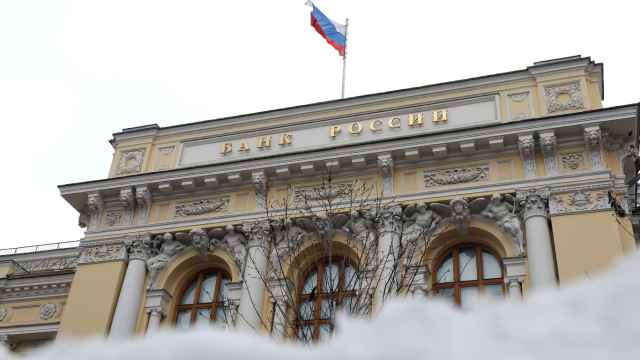The root of the problem in Cyprus is well known. Its two major banks had attracted huge deposits from abroad, largely from Russia, and presumably mostly from individuals who wished to escape scrutiny at home or elsewhere. The proceeds were then invested in Greek government bonds and loans to Greek companies. When Greece imploded, the investments turned sour, and the Cypriot banks that had engaged in this strategy became insolvent.
Given this situation, the logical choice for the country should have been clear. If the government wanted to survive, foreign depositors must bear part of the losses. It is thus difficult to understand why the Cypriot government was at first so reluctant to inflict any losses on depositors.
But the solution that was eventually agreed upon makes sense. The country's two largest banks are effectively resolved. Their bad assets will be separated and wound down over time. Neither the Cypriot government nor European taxpayers will put any additional funds into these banks. The losses that remain after the bad assets have been disposed of will thus have to be borne by the banks' uninsured creditors, which in this case means those with deposits of more than 100,000 euros ($130,000).
The fact that large depositers, not European taxpayers, will pay for the Cyprus crisis had a beneficial effect on the EU, especially in Germany.
Although Cyprus is too small to matter for global financial markets, the crisis there could turn out to be an important precedent guiding how European policymakers deal with future banking problems. In particular, it could affect current plans for a "banking union," which needs three elements: a single supervisor, a common resolution authority and a credible system of deposit insurance. The Cyprus crisis holds important lessons on all three counts.
First, the crisis has underscored the need for a single supervisor that is not captured by local interests. The European Central Bank, or ECB, would never have allowed Cypriot banks to attract huge deposits by paying above-market interest rates and then to put all of their eggs in one Greek basket. This was a high-risk strategy without a safety net.
Second, while there is still some discussion about how to create a common resolution mechanism for eurozone banks, events have shown that the ECB already de facto fills this role. No bank in difficulties can survive if the ECB does not grant or renew emergency liquidity assistance.
This accumulation of power in the hands of a completely independent institution is, of course, not ideal from the standpoint of democratic accountability. But this should serve as an additional incentive for the eurozone's member states to agree to the creation of a genuine common resolution authority with enough funding to resolve even larger banks in an orderly way.
Finally, the revolt of Cyprus's small savers highlighted the need for a credible system of deposit insurance. The EU directive that stipulates the protection of bank deposits up to 100,000 euros does not provide a European guarantee; it only requires member states to create a deposit-insurance system at the national level.
In reality, however, there has been a widespread misperception that somehow "Europe" protects small depositors. Yet a common deposit-insurance system had, at least so far, not even been under discussion because the issue was not perceived as a live problem. Cyprus has shattered this complacency. Leaving deposit insurance exclusively at the national level is no longer an option.
Cyprus also holds a more general lesson. Given the extreme reaction of financial markets to the collapse of Lehman Brothers in 2008, it had become axiomatic among European policymakers that no bank should be allowed to become insolvent. But financial markets reacted calmly to the news that, for the first time, even depositors in a bank in the European Union would lose part of their money, which was noted with glee in Berlin and elsewhere in northern Europe.
The realization that the European taxpayer does not have to save every troubled bank might have a beneficial effect because Germany's resistance to a banking union is motivated by the fear that German taxpayers would be forced to underwrite indirectly the losses of banks in the distressed countries of the eurozone periphery. This fear may now ease.
The crisis in Cyprus represents an extreme and special case in many respects. But the way that the problem arose, and the solution that was finally adopted, is likely to have important consequences for the way that Europe will address its banking problems.
Daniel Gros is director of the Center for European Policy Studies. © Project Syndicate
A Message from The Moscow Times:
Dear readers,
We are facing unprecedented challenges. Russia's Prosecutor General's Office has designated The Moscow Times as an "undesirable" organization, criminalizing our work and putting our staff at risk of prosecution. This follows our earlier unjust labeling as a "foreign agent."
These actions are direct attempts to silence independent journalism in Russia. The authorities claim our work "discredits the decisions of the Russian leadership." We see things differently: we strive to provide accurate, unbiased reporting on Russia.
We, the journalists of The Moscow Times, refuse to be silenced. But to continue our work, we need your help.
Your support, no matter how small, makes a world of difference. If you can, please support us monthly starting from just $2. It's quick to set up, and every contribution makes a significant impact.
By supporting The Moscow Times, you're defending open, independent journalism in the face of repression. Thank you for standing with us.
Remind me later.





